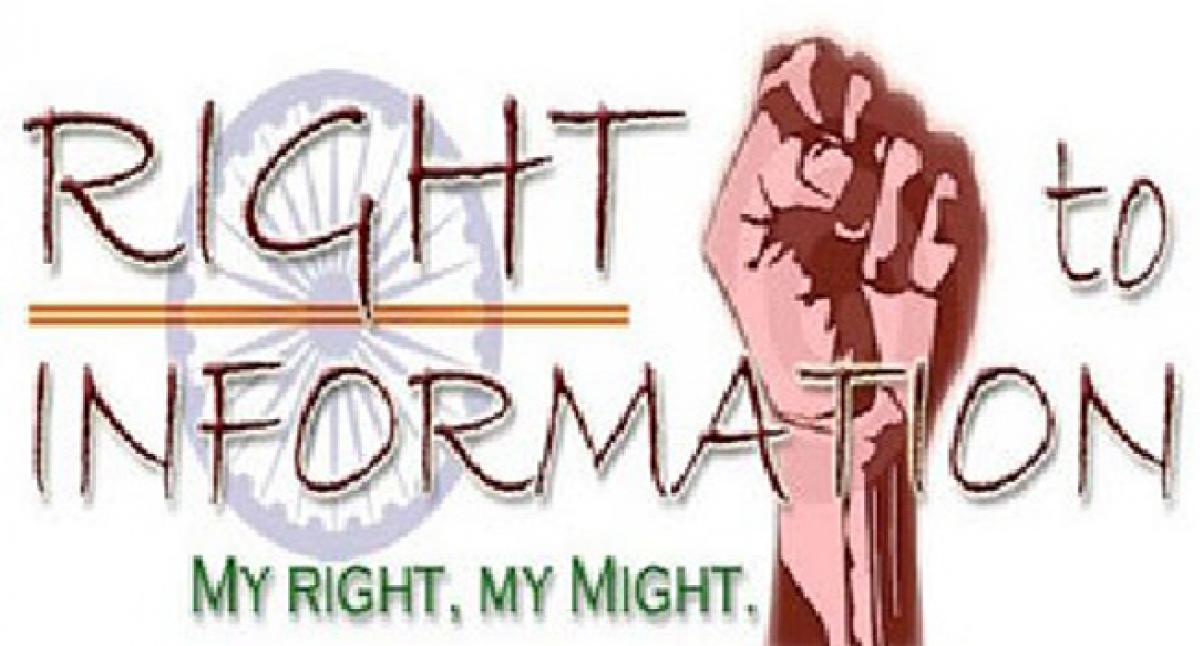It has failed to appoint State Information Commission
The Hindu, Dated 17th November 2018
Failure to appoint a full-fledged State Information Commission (SIC)
under the Right to Information (RTI) Act has put Andhra Pradesh at the
bottom of the performance list at the national-level.
A report
card, released jointly by the Delhi-based Satark Nagrik Sangathan (SNS)
and the Centre for Equity Studies (CES) in March 2018, shows
non-adherence of the clauses of the Act mainly due to the State
government’s failure to put in place a full-fledged Commission.
The
term of the last SIC in the composite State was over on May 17 last
year and there has been a gap of 18 months for the constitution of a
Commission for AP.
The SIC office set up at Mangalagiri in August
last has been dysfunctional. Following several pleas by RTI activists
and members of the civil society and a directive by the High Court, the
government appointed former IFS officer M. Ravi Kumar, former IPS
officer B. V. Ramana Kumar and advocate Katta Janardhana Rao as SICs but
there was no mention of a State Chief Information Commissioner (SCIC).
Mr. Ravi Kumar has been asked to be the in-charge SCIC.
“But there
is no such provision in the law. Technically, tomorrow the orders given
by these Commissioners can be challenged. This is a mockery of the
whole exercise,” says Anjali Bhardwaj, co-convenor of the National
Campaign for People’s Right to Information (NCPRI) and founder of SNS.
The
State in the past had been one of the well-functioning RTI regimes but
now the institution has been reduced to a farce, she rues, pointing to
the Section 4 of the RTI Act that mandates governments to give
information pro-actively through websites and other means. “If this does
not happen, the Information Commission comes in. But when there is no
Commission, it is tantamount to breakdown of the RTI regime,” says Ms.
Bharadwaj.
“The delay in the appointment is a huge setback because
even if Commissioners are appointed later, it will take a long time for
things to come back on the track by which time, people seeking justice
will lose hope,” says Amrita Johri, one of the co-ordinators of the
published report.
In the columns of the report, it says
“Information Denied’ to queries on the number of applications
registered, disposed, number of pending applications as on October 31 in
2017 and estimated time for disposal.
The State has also not been
able to answer queries on the amount of penalty imposed and the
percentage of disposed cases. A website is accessible but the last
annual report available is of 2013.
The report concludes that AP has provided 0% of information sought under the RTI Act.
